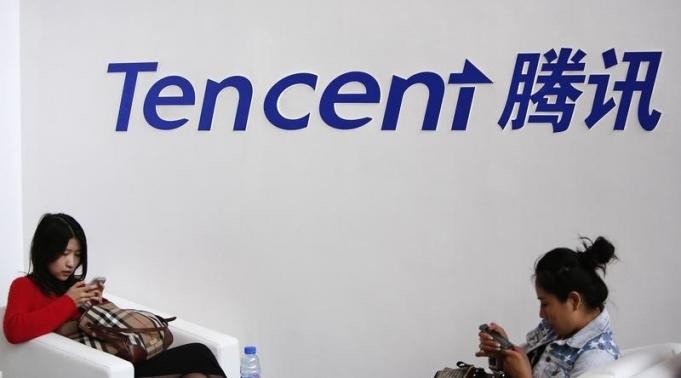During the same week that Credit Suisse data showed that China ranks above the world's emerging economies in the online shopping stakes, the Internet was declared the victor in the ongoing economic battle with bricks-and-mortar businesses.
While the Swiss firm's survey results showed that more than 65 percent of Chinese consumers bought products online over the preceding six months, the Bloomberg news outlet visited the shuttered shops of the once-busy market in China's Zhongguancun district.
Ironically, the six-floor Hailong Electronics City mall in Beijing is where online shopping mogul Richard Qiangdong Liu started JD.com, which is now included in the Bloomberg Billionaires list, with an estimated value of $9.4 billion.
When Liu first opened a humble booth at the mall in 1998, he built his business on a 20,000-yuan investment, hoping to serve China's 2.1 million Web users on the country's 747,000 computers. He is now a billionaire and his online customer base in China was 632 million in mid-2014.
Many of China's online shoppers are also members of the millennial generation. The Credit Suisse survey results indicate that over 70 percent of China's Web consumers were under 30 years old at the time that the research was conducted. On a world scale, this proportion is considerably higher than the 45 percent, or below, in other countries.
However, the story told by the Swiss finance corporation's figures is not merely straightforward. The growth momentum of China's online patronage was weaker than those of other emerging economies like India, while the overall consumer sentiment in China fell from the top spot in the previous year to fifth, due to the economic slowdown of the "new normal."



























